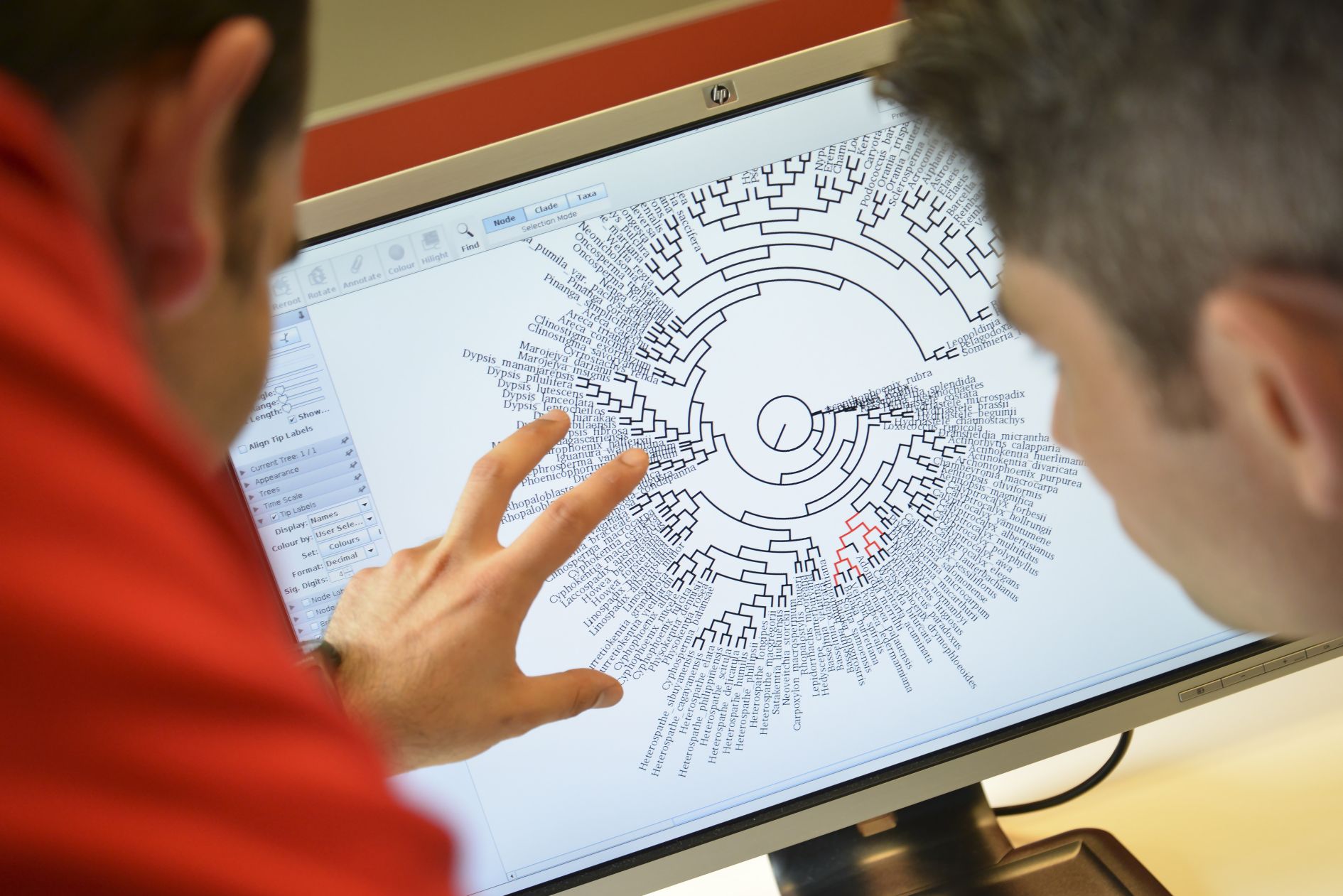Phylogenetic Tools: Software Quality Tests Yield Best Practices

Life science research increasingly runs on software. A good fraction, perhaps even most of it, is made by academics, for academics: Rough around the edges, perhaps, but effective — not to mention free. But, is it of high quality?
HITS group leader and professor for computer sicence Alexandros Stamatakis has been developing and refining software tools for evolutionary biology for more than 15 years, including RAxML. He and his team tested and compared 16 different popular phylogenetic tools (plus, as a control, one from the field of astronomy), which collectively have been cited more than 90,000 times to find out if they meet the needed quality standards. The result: none of the 16 programs in the round-up, including Stamatakis’ own RAxML, aced all the tests. However, the study does not suggest that the programmers who wrote those tools did a bad job nor does the study suggest that the codes do not work properly. The HITS researchers merely recommend other researchers to exercise caution in using these tools and ask editors to keep potential errors in mind when reporting about research data.
The study therefore can be seen as quality assurance within the field of phylogenetics and delivers important impulses for fellow researchers.
The results of the survey have been published in Molecular Biology and Evolution.
An Interview about the research process and results was published on NatureJobs.
Über das HITS
Das HITS (Heidelberger Institut für Theoretische Studien) wurde 2010 von dem Physiker und SAP-Mitbegründer Klaus Tschira (1940-2015) und der Klaus Tschira Stiftung als privates, gemeinnütziges Forschungsinstitut gegründet. Es betreibt Grundlagenforschung in den Naturwissenschaften, der Mathematik und der Informatik. Zu den Hauptforschungsrichtungen zählen komplexe Simulationen auf verschiedenen Skalen, Datenwissenschaft und -analyse sowie die Entwicklung rechnergestützter Tools für die Forschung. Die Anwendungsfelder reichen von der Molekularbiologie bis zur Astrophysik. Ein wesentliches Merkmal des Instituts ist die Interdisziplinarität, die in zahlreichen gruppen- und disziplinübergreifenden Projekten umgesetzt wird. Die Grundfinanzierung des HITS wird von der Klaus Tschira Stiftung bereitgestellt.